The Fast of Gedaliah: Remembering Tragedy and Reflecting on Leadership
The Fast of Gedaliah (Tzom Gedaliah) is a minor Jewish fast day observed on the day after Rosh Hashanah (or postponed if it falls on Shabbat). It commemorates the assassination of Gedaliah ben Achikam, the Babylonian-appointed governor of Judah after the destruction of the First Temple in 586 BCE.
Historical Background
After Jerusalem’s fall, Gedaliah was appointed to govern the remnant of the Jewish people left in Judah.His assassination by Ishmael ben Nethaniah, a descendant of the royal family, plunged the community into chaos.This act of violence led to the final scattering of Jews from the land and marked a devastating turning point in Jewish history.
The fast reminds us of the fragility of leadership, the destructive cost of internal conflict, and the enduring importance of unity.
Observances
Fasting: From dawn until nightfall, participants abstain from food and drink.
Prayer: Special additions are made to the daily prayers, asking for divine protection and the restoration of righteous leadership and peace.
Reflection: Many use the day to consider the lessons of Gedaliah’s death — valuing wise leadership, justice, and communal responsibility.Spiritual Meaning
The Fast of Gedaliah highlights timeless lessons:
Unity and Responsibility: Strong leadership and communal harmony are essential for survival and flourishing.
Mourning and Reflection: We recall how division and violence tore apart our people in the past.
Hope and Renewal: Even after devastation, faith in God and a commitment to ethical leadership can chart a way forward.Though a minor fast, the Fast of Gedaliah carries profound weight. It is a day to remember tragedy, reflect on leadership, and renew our dedication to building unity and justice within our communities.
Greg Bouwer


